Indian artist portrays unknown presidential decision in sand
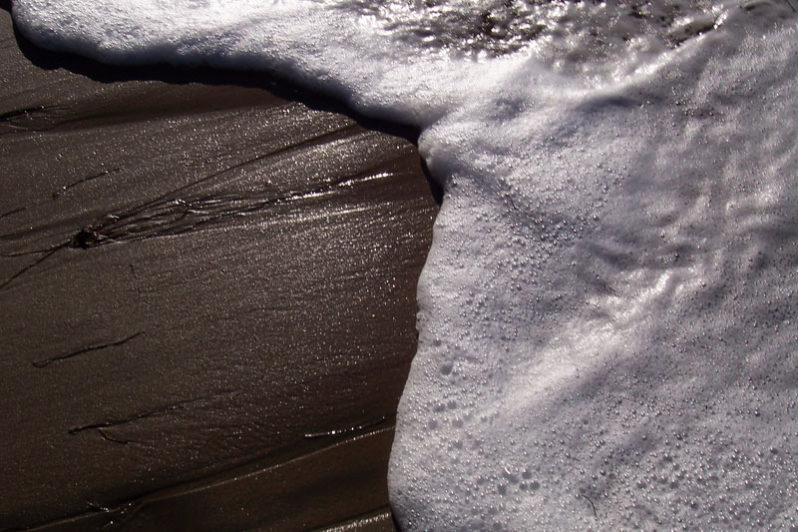
enowned Indian sand artist Sudarshan Pattnaik on Friday created a work of art depicting the current uncertainty over the winner in the race to the White House.
Norway’s Supreme Court Hears Rights Challenge to Arctic Oil Drilling

The Norwegian Constitution declares that all citizens have the right to a healthy environment. But Norway’s economy is built around an oil and gas industry that accounts for more than half of national exports.
Big oil’s answer to melting Arctic: cooling the ground so it can keep drilling
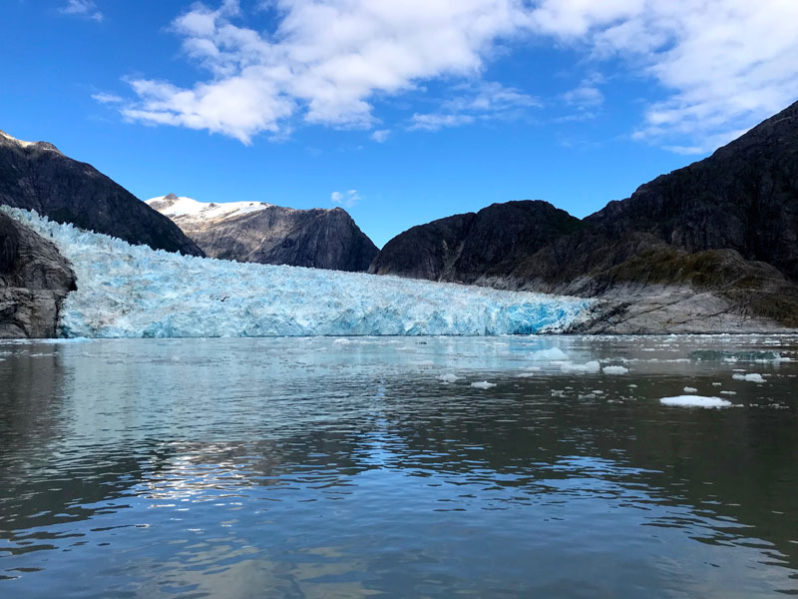
Technology is keeping patches of Alaska permafrost frozen to preserve energy infrastructure even as indigenous residents’ world is transformed by the climate crisis
Alaska’s new climate threat: tsunamis linked to melting permafrost
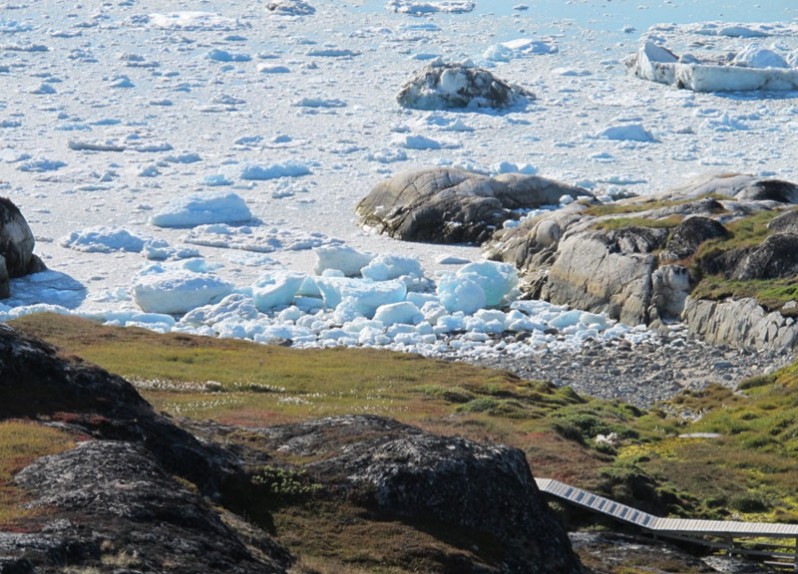
Scientists are warning of a link between rapid warming and landslides that could threaten towns and tourist attractions
Climate change: Arctic Circle teens call for help to save their homes
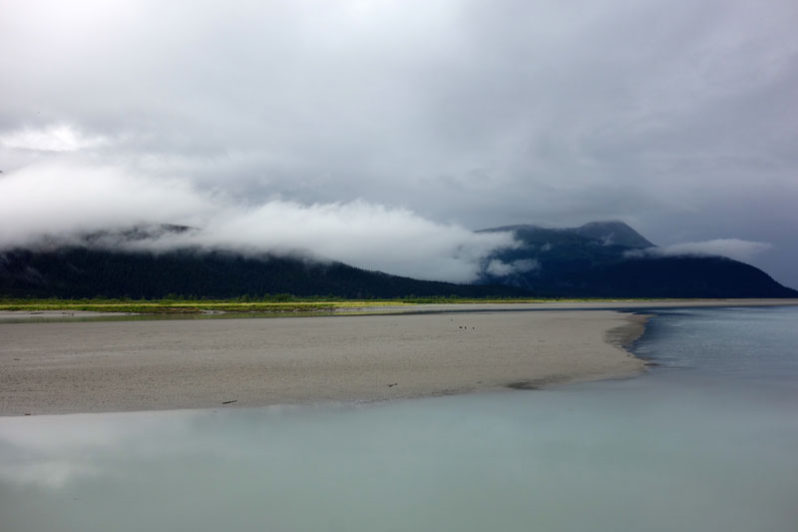
Teenagers living in remote Arctic communities say they’re worried about the effects of climate change. Scientists warn that melting ice and warming temperatures show rapid climate change is taking place.
Earth has warmest September on record, and 2020 may clinch hottest year
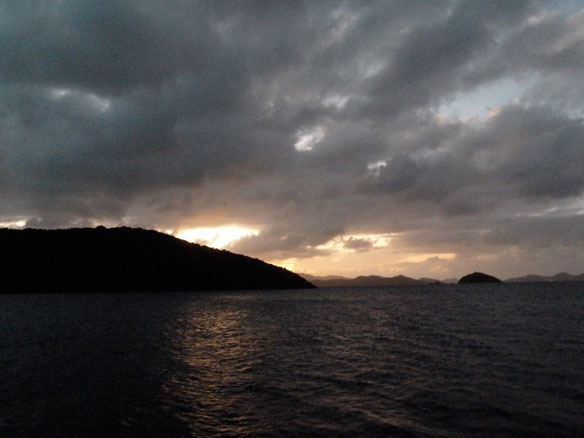
The planet just recorded its hottest September since at least 1880, according to three of the authoritative temperature-tracking agencies in the world.
The Great Barrier Reef Has Lost Half Its Corals
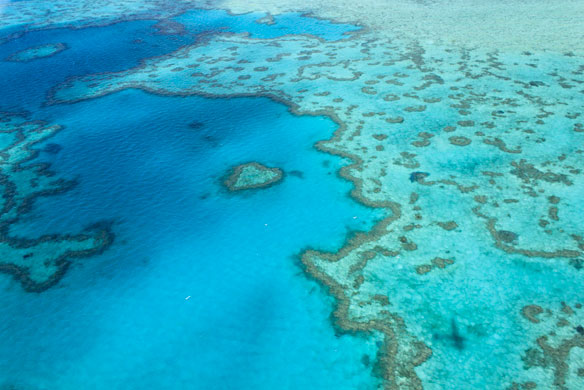
The Great Barrier Reef, one of the earth’s most precious habitats, lost half of its coral populations in the last quarter-century, a decline that researchers in Australia said would continue unless drastic action is taken to mitigate the effects of climate change.
Canada’s last intact ice shelf broke off. It took our research station with it

Researchers studying the area in the Arctic for years describe the day of the calving event – and where they go from here.
UN warns that world risks becoming ‘uninhabitable hell’ for millions unless leaders take climate action

There has been a “staggering” rise in natural disasters over the past 20 years and the climate crisis is to blame, the United Nations said Monday.
